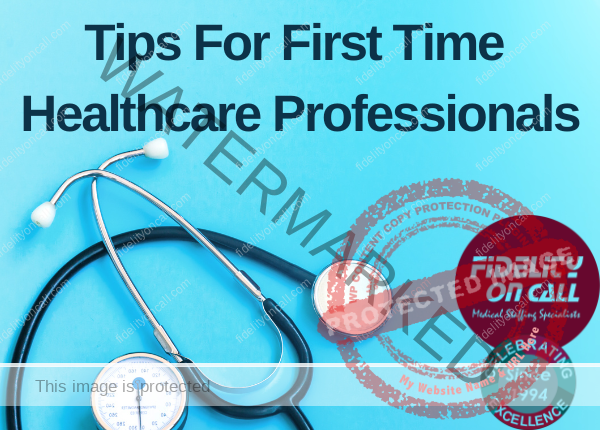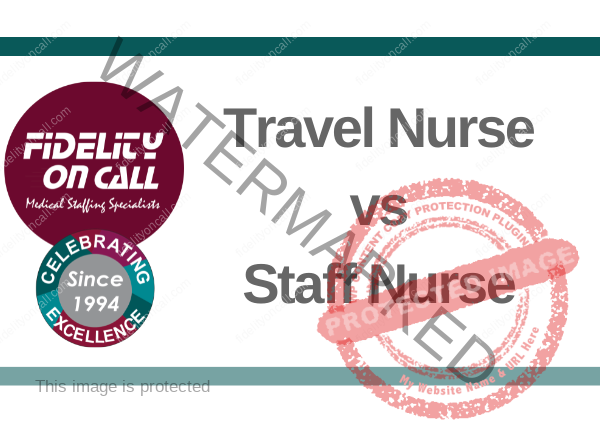Did you know that the National Institute for Occupational Safety and Health (NIOSH) classifies workplace violence into four basic types? Types II and III are the most common in the health care industry.
- Type I: Involves “criminal intent.” In this type of workplace violence, “individuals with criminal intent have no relationship to the business or its employees.”
- Type II: Involves a customer, client, or patient. In this type, an “individual has a relationship with the business and becomes violent while receiving services.”
- Type III: Involves a “worker-on-worker” relationship and includes “employees who attack or threaten another employee.”
- Type IV: Involves personal relationships. It includes “individuals who have interpersonal relationships with the intended target but no relationship to the business” (Iowa Prevention Research Center, 2001; NIOSH, 2006, 2013).
It is disheartening to realize that the very people who provide care, compassion, and medical assistance, and in many cases save a person’s life, are on the receiving end of violence. While we do acknowledge that many of our clients have excellent security and steps in place to help prevent such occurrences, we know there is a long way to go for many facilities and there must be an overhaul to stop such violence. Fidelity On Call acknowledges there are many contributing factors to the increase of workplace violence.
Here are some tips that we can offer travelers to help avoid and/or educate themselves for such events happening to them while on assignment.
1) De-escalation training
Knowing how to defuse a hostile situation has been shown to be more effective than having armed guards in a hospital. Formal training in how to de-escalate a tense situation or encounter can have a major impact on the safety of doctors, nurses, guards, or other staff members. There are classes available online and in-person.
2) Ask to review the facility you are contracted at WPV Prevention Plan
We must acknowledge that there is an abnormally high risk of workplace violence breaking out in hospitals and clinics around the country and arm ourselves with as much information as we can. As a traveler, you may not be receiving the same thorough orientation as a staff member would. However, you can ask what the plan is for the facility, so you know how the facility would handle workplace violence and they have a plan in place should it occur.
In short, if you have a concern about a facility you are contracted in, you should immediately reach out to your recruiter to get further information. Your SAFETY is our PRIORITY.






